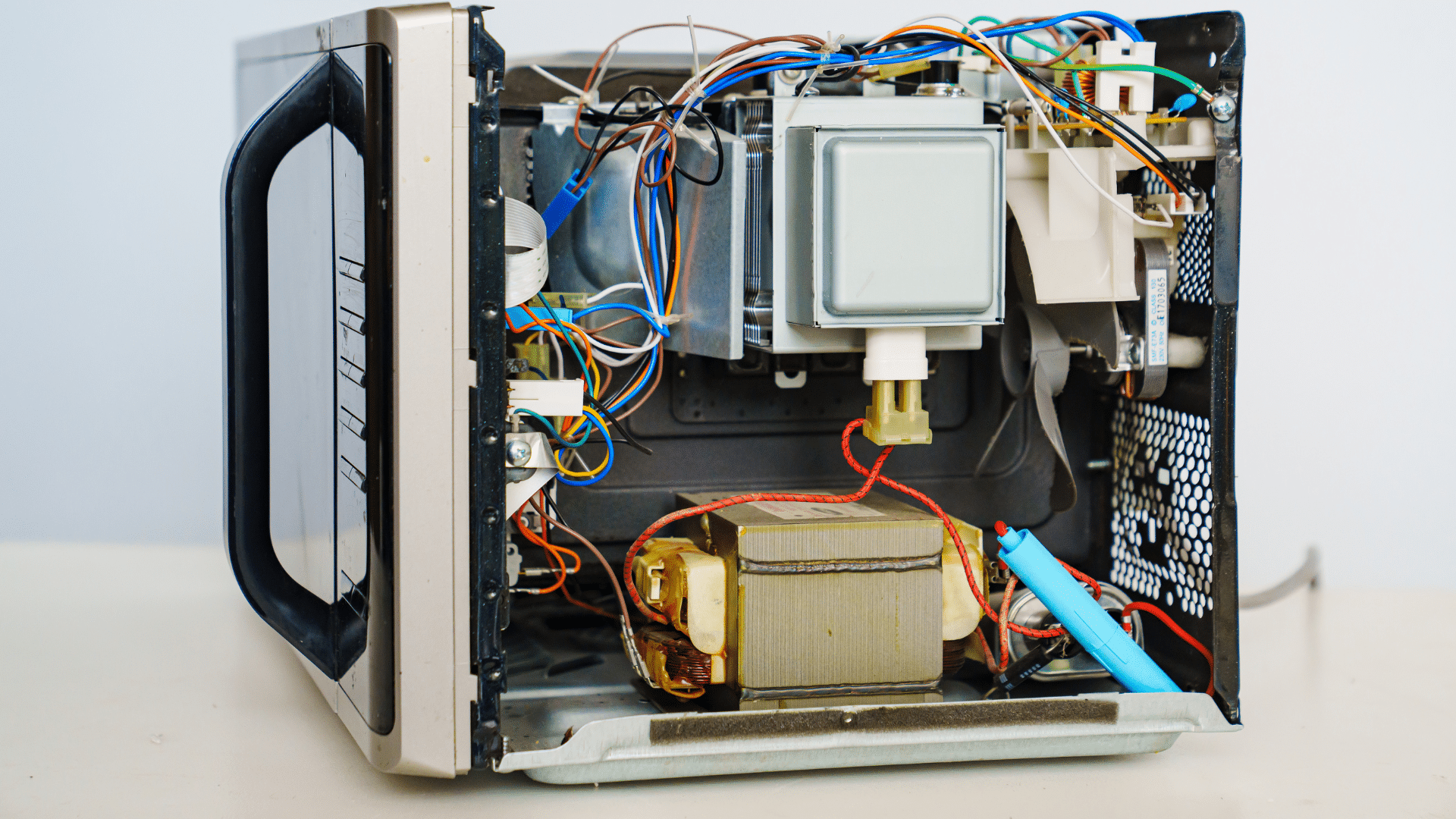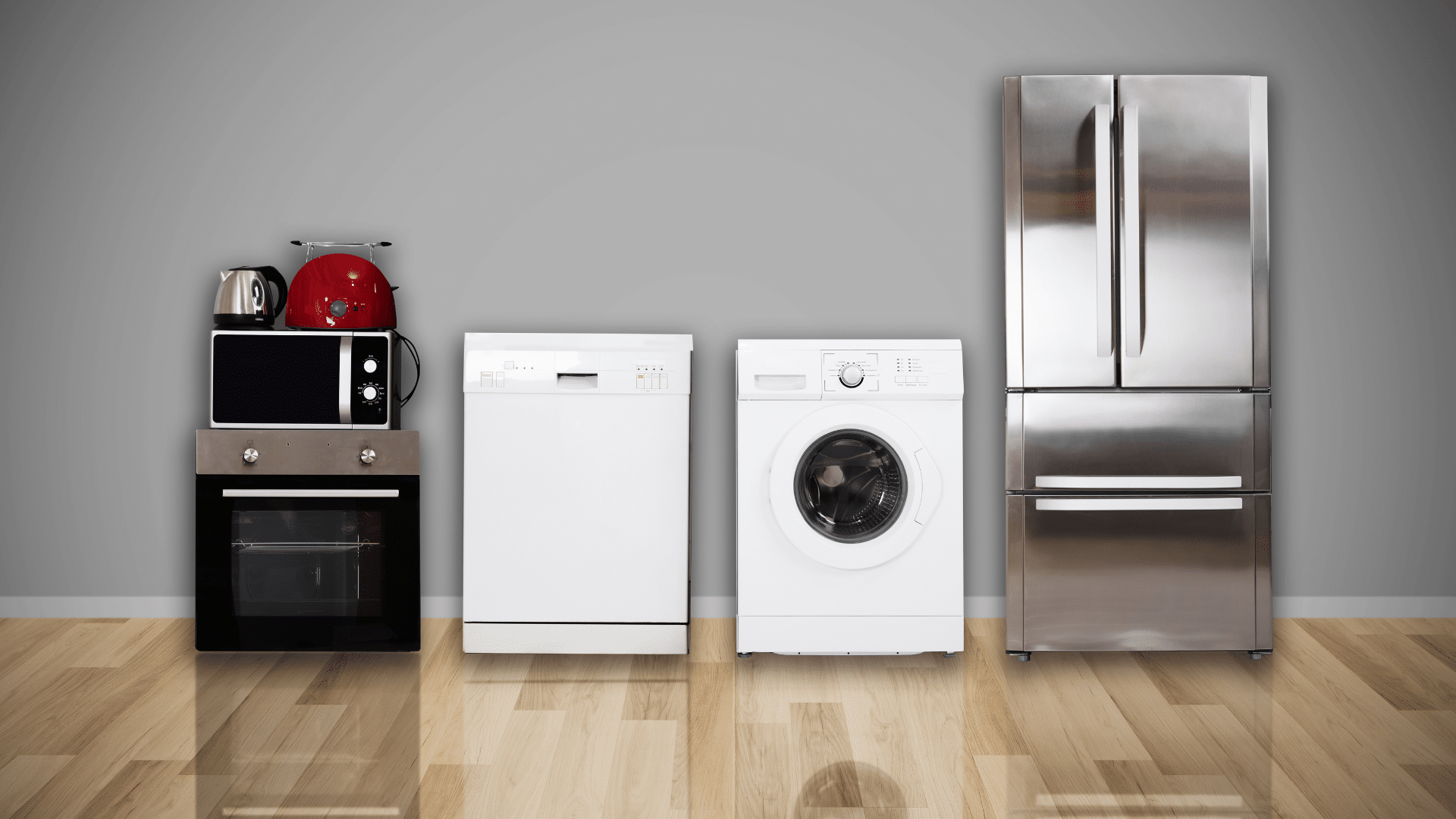
As homeowners, we often face the dilemma of whether to repair our trusty appliances or invest in new ones. Aging appliances are bound to encounter issues over time, leaving us to decide whether it’s more cost-effective and practical to repair them or opt for a replacement. This article delves into the factors to consider when making this crucial decision.
Age of the Appliance
The age of your appliance is a significant factor to consider when deciding between repair and replacement. Most appliances have an expected lifespan, typically ranging from 10 to 15 years. If your appliance is already approaching or exceeding its expected lifespan and is facing recurring issues, investing in a new one might be a more sensible long-term solution. Newer models are often more energy-efficient and come with advanced features that may save you money, though they often last far less long than older models, depending on the brand which is worth keeping in mind.
Cost of Repairs
When an appliance breaks down, getting a repair estimate is the first step. If the repair cost is relatively minor and significantly lower than the cost of a new appliance, opting for the repair may be the better choice. However, if the repair cost is substantial and close to or exceeds the price of a new appliance, it may be more economical to replace the unit altogether.
Frequency of Repairs
Consider the frequency at which your appliance requires repairs. If it seems like you are constantly calling for repairs, it may be a sign that the appliance is reaching the end of its useful life. Frequent breakdowns can lead to a considerable accumulation of repair costs, making a replacement a more financially sound decision.
Energy Efficiency
Newer appliances are designed to be more energy-efficient than their older counterparts. They often carry the ENERGY STAR label, indicating that they meet strict energy efficiency standards set by the Environmental Protection Agency (EPA). If your old appliance consumes a significant amount of energy, replacing it with an ENERGY STAR-rated model could lead to substantial savings on your utility bills over time.
Technological Advancements
Advancements in technology have led to more innovative and feature-rich appliances. Newer models often come with smart capabilities, improved performance, and added functionalities. If you find that your current appliance lacks essential features or is outdated, upgrading to a newer model may enhance your overall convenience and experience.
Availability of Replacement Parts
For older appliances, finding replacement parts can become increasingly challenging and expensive. If your appliance requires a repair, but the parts are scarce or no longer available, it could prolong the downtime and increase the repair cost significantly. In such cases, a replacement may be the only practical option.
Environmental Considerations
Repairing an appliance instead of replacing it can be a more environmentally friendly choice. By extending the life of your existing appliance, you reduce the demand for new products, which in turn decreases the environmental impact associated with manufacturing and transportation.
Conclusion
Determining whether to repair or replace your appliances requires a careful evaluation of various factors. Consider the age of the appliance, the cost of repairs, its energy efficiency, and the frequency of breakdowns. Additionally, weigh the benefits of upgrading to a more technologically advanced model against the environmental impact of replacing a functioning appliance. Ultimately, making an informed decision will not only save you money but also ensure that your household functions smoothly and sustainably.

Elevate Your Kitchen: A Guide to Choosing Aesthetically Pleasing Appliances

Reviving Old Appliances: Upcycling for a Sustainable Future

To Repair or Replace? Making the Right Decision for Your Appliances

5 Best Breakfast Spots in Reno 2024
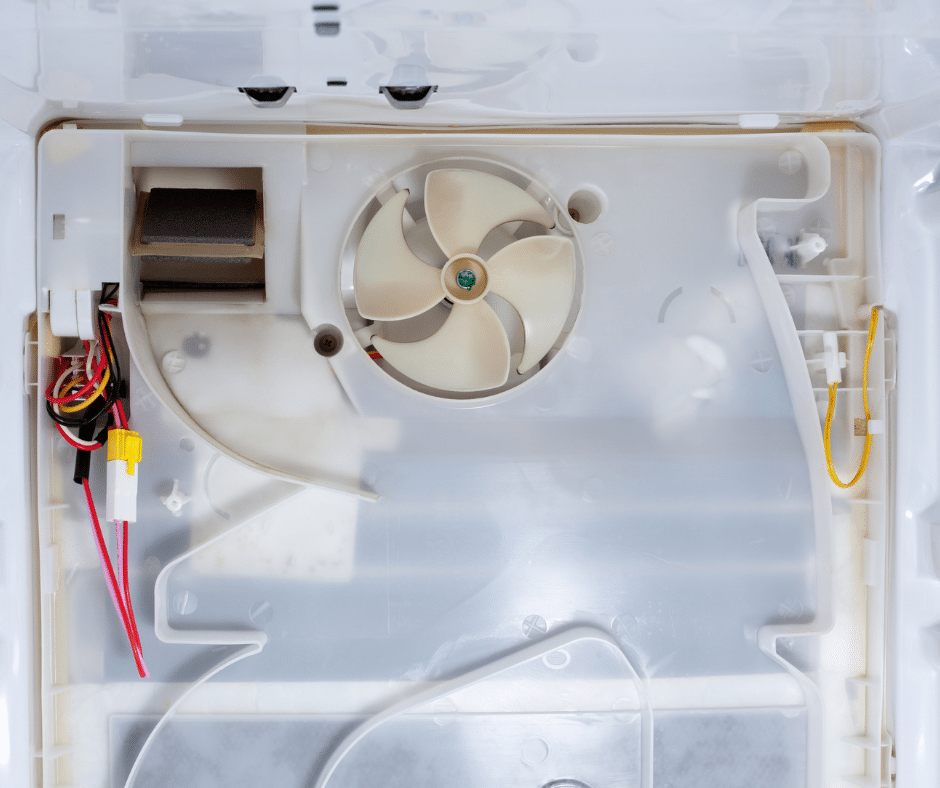
Understanding the Inner Workings of a Refrigerator: A Cooling Marvel
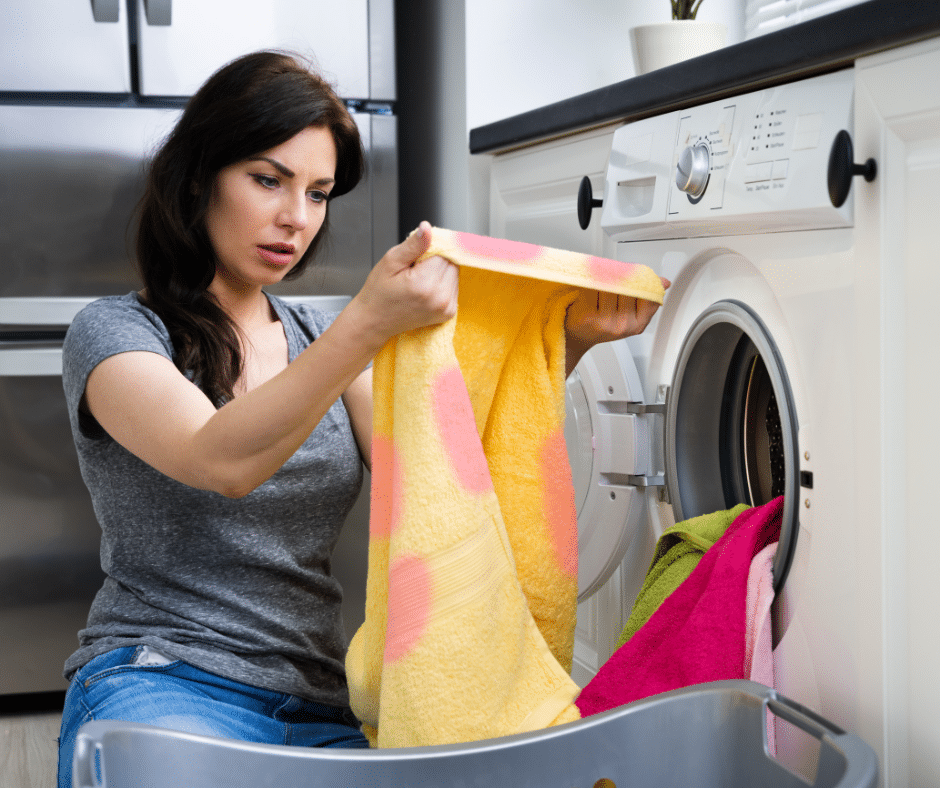
Unveiling the Most Commonly Reported Issues with Household Appliances

Unveiling the Mystery: Why Water Might Taste Weird Coming Out of Your Fridge Water Dispenser

Revolutionizing Appliance Repairs: The Impact of Technological Advancements
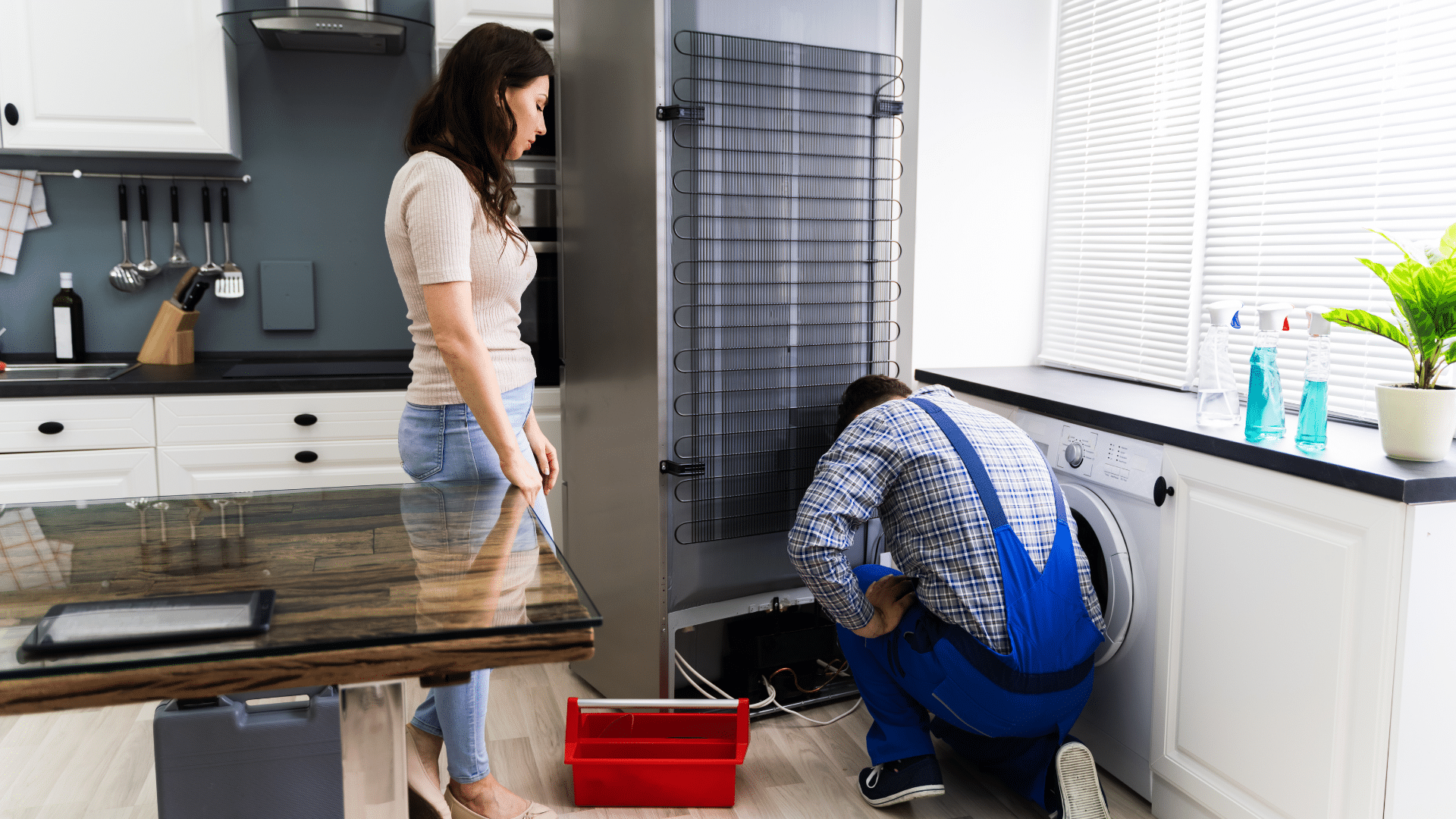
Appliance Recalls: Safeguarding Your Home with Essential Know-How
